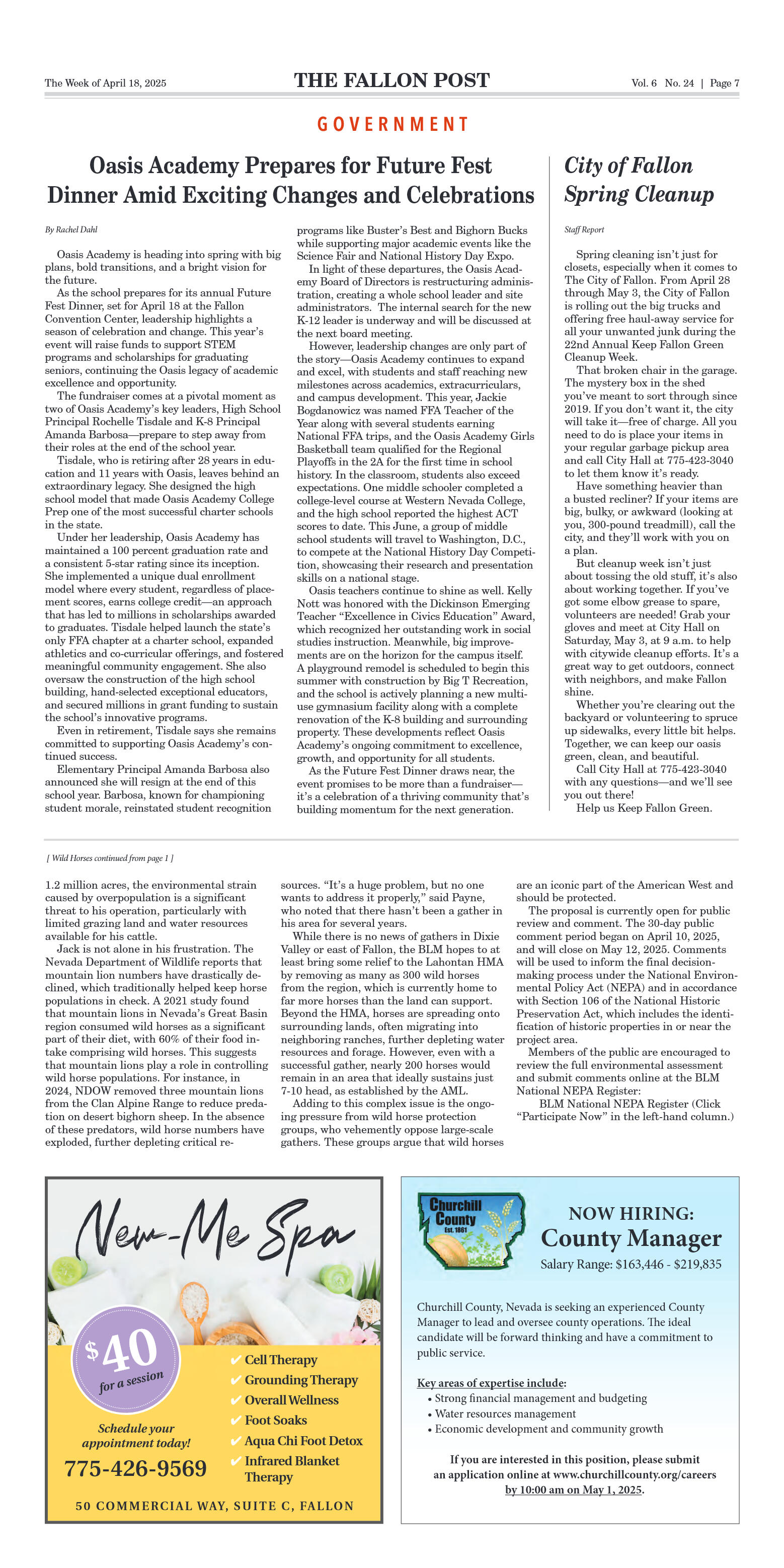One of the most challenging aspects of being a journalist is addressing ethical issues while maintaining objectivity in our reporting. We are, after all, as human as those on whom we report. It is not uncommon for us to uncover ethical dilemmas as we delve into the many issues that deserve the careful consideration of others, like those in a position to bring about change. Those like you.
In the realm of criminal justice, the issue of sealed criminal records presents a complex and, at times, ethically challenging quandary. While the spirit and intention behind sealing convictions is to provide an opportunity to build a better life, there are instances where individuals can exploit this legal channel.
It is essential to understand that a sealed record is not an expunged record. The only way for that to occur is through a pardon. Sealing removes the conviction record from the state database and, by court order, demands that no agency or court release any information related to the conviction. Sealed records are not available to officers of the court or the law.
On the surface, the idea that one can virtually erase one’s criminal record – at least on paper, is laudable. Anyone who has been in prison or convicted of a violent or felony offense can attest it is no small feat to overcome the stigma and discrimination that follows. No matter how small or seemingly inconsequential, a criminal record negatively impacts employment and housing opportunities, at the very least. A clear criminal background can benefit one’s family for generations, increase the likelihood of financial stability, and prove invaluable as they strive to become productive members of society.
However, several nuanced aspects arise when we consider sealed convictions in the context of firearm ownership and domestic violence convictions. Federal and state law prohibits individuals from owning firearms when convicted of a felony or domestic violence-related offenses, including misdemeanors, regardless of whether those records are sealed. A recent study published in the “Journal of the American Academy of Psychiatry and the Law” reported, “Firearm use is associated with an increased incidence of multiple homicide victimization, especially in domestic situations.” Protecting victims of domestic violence from potential harm is the foremost aim of firearm prohibition and cannot be taken lightly.
The success of the legal mechanism offered through criminal record sealing rests solely on the integrity of the ex-offender. A person can legitimately (though not legally) bypass the firearms prohibition, as background checks generally do not reveal sealed convictions. All that needs to occur on an application to purchase a gun from an authorized dealer or on a Conceal Carry Weapons Permit application is for the applicant not to disclose their conviction, which challenges the integrity of the background check system, as it may inadvertently enable those with histories of violence to acquire lethal weapons.
Things to Consider
Public Safety: Simply put, sealed records of formerly violent offenders can create an escalated and unknown risk to others.
Law Enforcement: When a conviction is sealed, it can make it more challenging for authorities to monitor and manage individuals who may be at risk of re-offending, leading to a higher risk of harm to victims. Additionally, if officers respond to a call in which a domestic incident has occurred, they are potentially at risk if the perpetrator has a concealed history of violence. A sealed record hinders law enforcement’s ability to assess the risk and aid the victims properly – which are inherently women and children.
Child Custody and Visitation: Sealed convictions can impact decisions related to child custody and visitation arrangements. An abundance of data tells us that an alarming number of domestic violence incidents occur during custody exchanges. Without access to relevant information, courts may make decisions that do not adequately protect the safety and well-being of children involved in domestic violence cases.
Lack of Accountability: Sealed convictions can lead to a lack of accountability for offenders, as they may not face the social and legal consequences of their actions. This can perpetuate a cycle of abuse and harm to victims.
When ex-offenders exploit a sealed record to obtain a firearm, they commit a felony. The conversation shifts from an ethical one to a genuine public safety concern. Community safety can be compromised when government agencies, law enforcement, and the press encounter sealed records during investigations. Potential threats, including criminal activity, cannot be disclosed. In some cases, when a person with a hidden criminal background obtains a high-ranking or government position, corruption, misconduct, or abuse of power can go unchecked.
It’s crucial to recognize that the purpose of sealing records is not to aid ex-offenders in concealing illegal activity and evading the law. In doing so, they undermine the process and jeopardize the opportunity for others with criminal records to get a fresh start.
Instead, it should offer a second chance while safeguarding the public. Balancing these objectives is the ethical challenge we face, one that requires ongoing dialogue and careful consideration.










































Comment
Comments